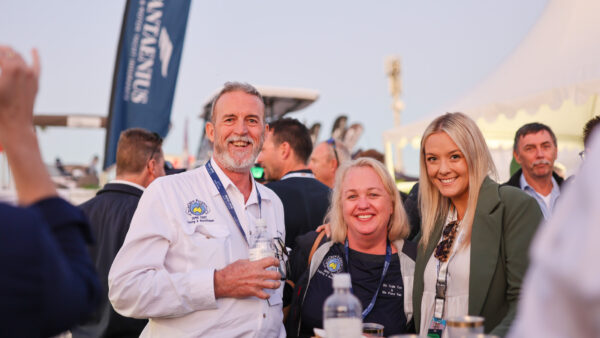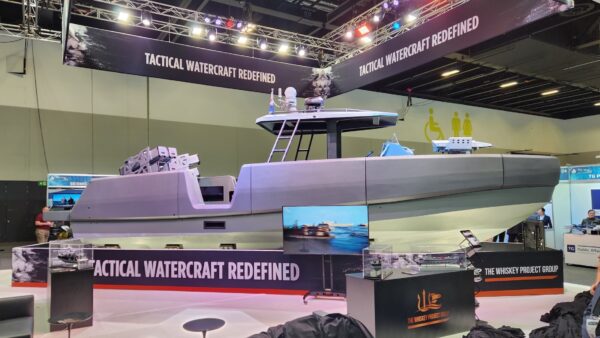Jul 8, 2015
Prime Minister Tony Abbott has reassured nervous South Australian MPs there will be more jobs in Adelaide whichever submarine Australia chooses, following backbench warnings selecting a Japanese boat could trigger an electoral wipeout in the state.
Speaking after a number of un-named MPs broke ranks to warn that if a Japanese submarine is chosen to replace the Collins fleet, South Australian seats would be lost, Mr Abbott said he could give “an absolute guarantee there would be more jobs in South Australia”.
“There is a process in place, a competitive evaluation process. It involves working with the French, the Germans and the Japanese to get the best possible submarines for our country at a fair and reasonable price, and maximising the local element in the build,” Mr Abbott said on Tuesday in Sydney.
“There will be more sub jobs in SA and I think that’s what South Australians understandably want. They want a good deal for our country, they want a good deal for their state. They want the best possible submarines and that’s what we are determined to deliver,” he said.
SA SEATS IN DANGER
Earlier, one Liberal MP told Sky News the Coalition would lose every seat in South Australia if the Japanese won the competitive evaluation process.
Another MP said the only option which would save seats such as Hindmarsh held by Matt Williams was choosing one of the European builders which had offered to carry out the bulk of the work on the new fleet in Adelaide.
The seat of Sturt, held by Education Minister Christopher Pyne, and Boothby, held by parliamentary secretary Andrew Southcott, could also be under threat in an election.
Mr Abbott has maintained there will be 500 extra jobs in Adelaide no matter which submarine is chosen.
But South Australian Liberal MPs fear there will be fewer jobs with a Japanese submarine given the French and Germans have both offered to build the bulk of the fleet in Adelaide and have experience in joint ventures with other countries.
The acquisition process has come in for heavy criticism from the opposition and analysts who allege it was put together to give the appearance of competition to cover a preference for a Japanese submarine as part of a strengthening of strategic ties between the two countries.
Japan would not have accepted an open tender given sensitivities surrounding its decision to abandon its postwar pacifist stance and embark on arms exports.
The 4200-tonne Japanese Soryu-class submarine, German firm TKMS’ Type 216 and French firm DCNS’ non-nuclear version of its 4700-tonne Barracuda submarine are being examined as part of the 10-month competitive evaluation process.
All three builders have been asked to put options for an offshore build, a hybrid build and an Australian build.
Source: Financial Review


